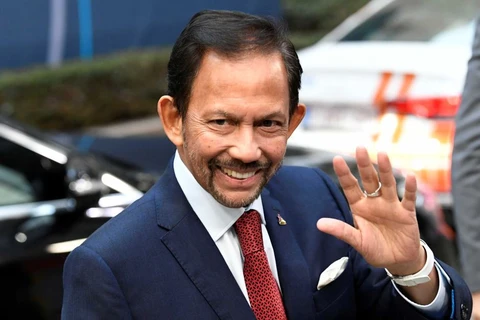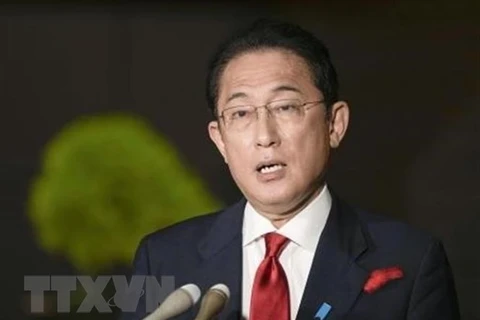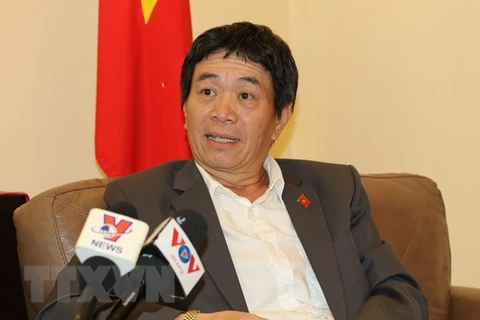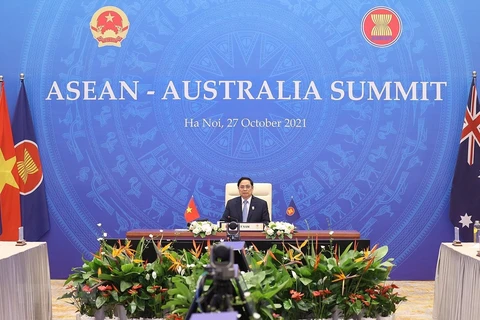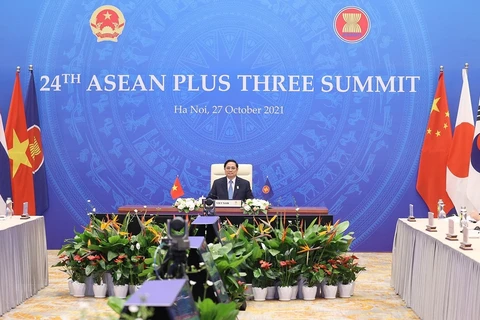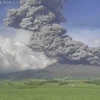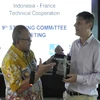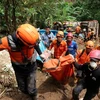Kuala Lumpur (VNA) – Malaysian Prime Minister Ismail Sabri Yaakob has affirmed his country's consistent position that issues concerning the East Sea (internationally called South China Sea) must be managed in a peaceful and rational manner through dialogue and consultations, utilising appropriate forums and diplomatic channels.
Addressing the 16th East Asia Summit on October 27, he stressed that to ensure it remains a sea of peace and stability, all parties should exercise self-restraint and avoid actions that may be deemed provocative, which could further complicate the situation and escalate tensions in the area.
As a claimant state, Malaysia is firmly of the view that matters relating to the East Sea must be resolved peacefully and constructively, in accordance with universally recognised principles of international law, including the 1982 UN Convention on the Law of the Sea (UNCLOS), the PM noted.
Malaysia remains committed to advancing negotiations on a Code of Conduct (CoC) in the waters, the leader said, adding that it continues to look forward to the early conclusion of an effective and substantive COC.
Regarding the trilateral security pact involving Australia, the UK and the US (known through its acronym AUKUS), the PM underscored the importance of preserving the Southeast Asian region as a nuclear weapon-free zone, in line with the Zone of Peace, Freedom and Neutrality (ZOPFAN) Declaration and Southeast Asia Nuclear Weapon Free Zone (SEANWFZ) Treaty.
The 16th EAS, held via videoconference, was attended by ASEAN member states, Australia, China, India, Japan, the Republic of Korea, New Zealand, Russia, and the US, along with the World Health Organisation (WHO) and the World Trade Organisation (WTO)./.
Addressing the 16th East Asia Summit on October 27, he stressed that to ensure it remains a sea of peace and stability, all parties should exercise self-restraint and avoid actions that may be deemed provocative, which could further complicate the situation and escalate tensions in the area.
As a claimant state, Malaysia is firmly of the view that matters relating to the East Sea must be resolved peacefully and constructively, in accordance with universally recognised principles of international law, including the 1982 UN Convention on the Law of the Sea (UNCLOS), the PM noted.
Malaysia remains committed to advancing negotiations on a Code of Conduct (CoC) in the waters, the leader said, adding that it continues to look forward to the early conclusion of an effective and substantive COC.
Regarding the trilateral security pact involving Australia, the UK and the US (known through its acronym AUKUS), the PM underscored the importance of preserving the Southeast Asian region as a nuclear weapon-free zone, in line with the Zone of Peace, Freedom and Neutrality (ZOPFAN) Declaration and Southeast Asia Nuclear Weapon Free Zone (SEANWFZ) Treaty.
The 16th EAS, held via videoconference, was attended by ASEAN member states, Australia, China, India, Japan, the Republic of Korea, New Zealand, Russia, and the US, along with the World Health Organisation (WHO) and the World Trade Organisation (WTO)./.
VNA

